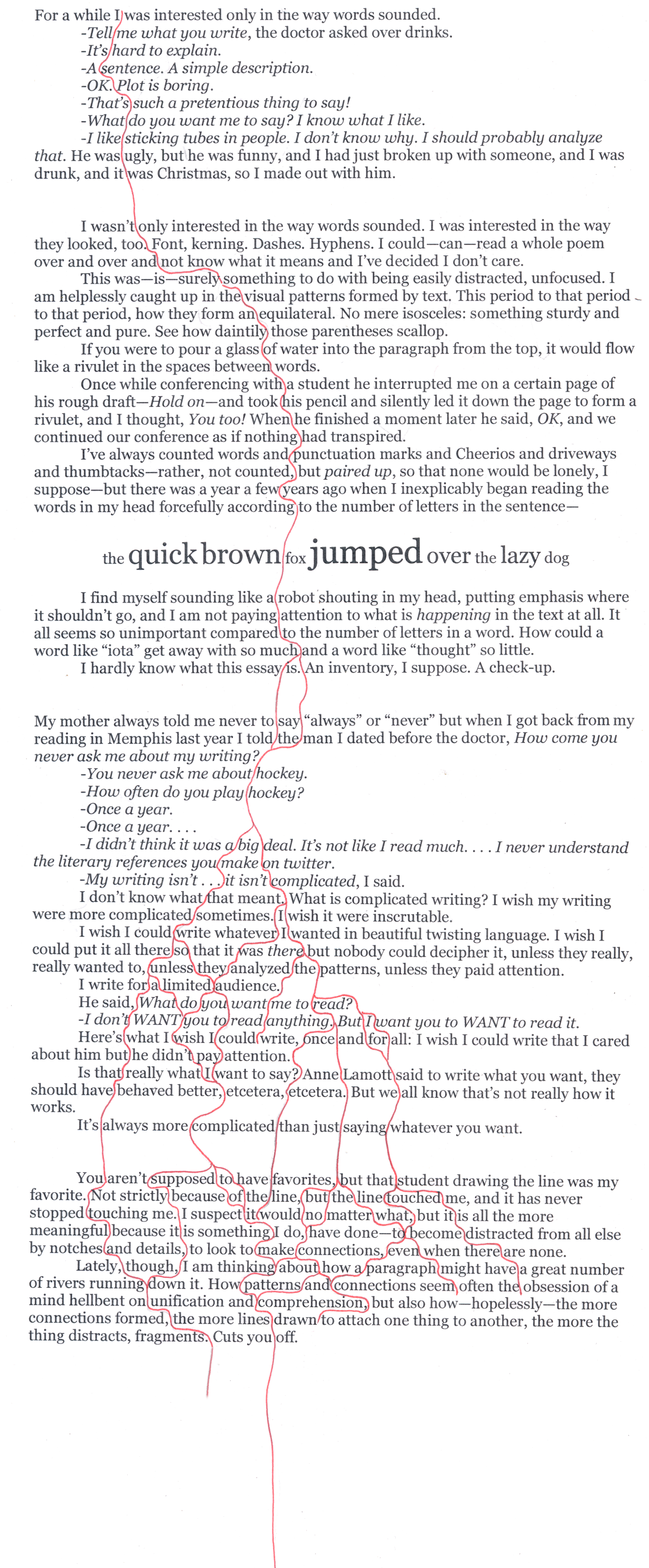Inventory

Suzanne Martin is a writer from Ohio. She has had nonfiction in Indiana Review and was Blue Mesa Review‘s summer 2021 essay contest winner, judged by Kim Barnes.

Suzanne Martin is a writer from Ohio. She has had nonfiction in Indiana Review and was Blue Mesa Review‘s summer 2021 essay contest winner, judged by Kim Barnes.
 BACK TO ISSUE
BACK TO ISSUE BACK TO FOLIO
BACK TO FOLIO